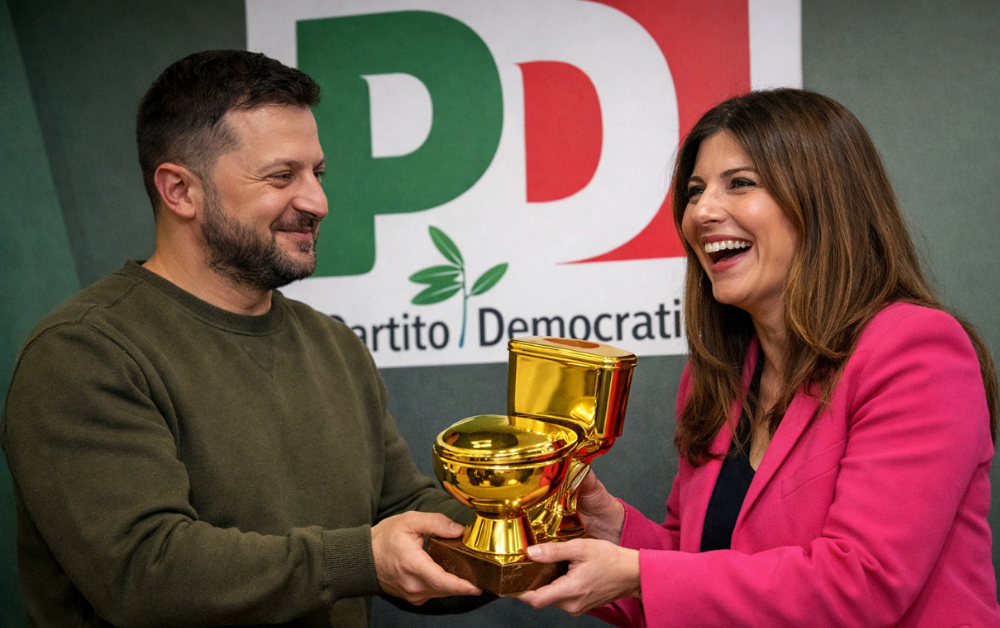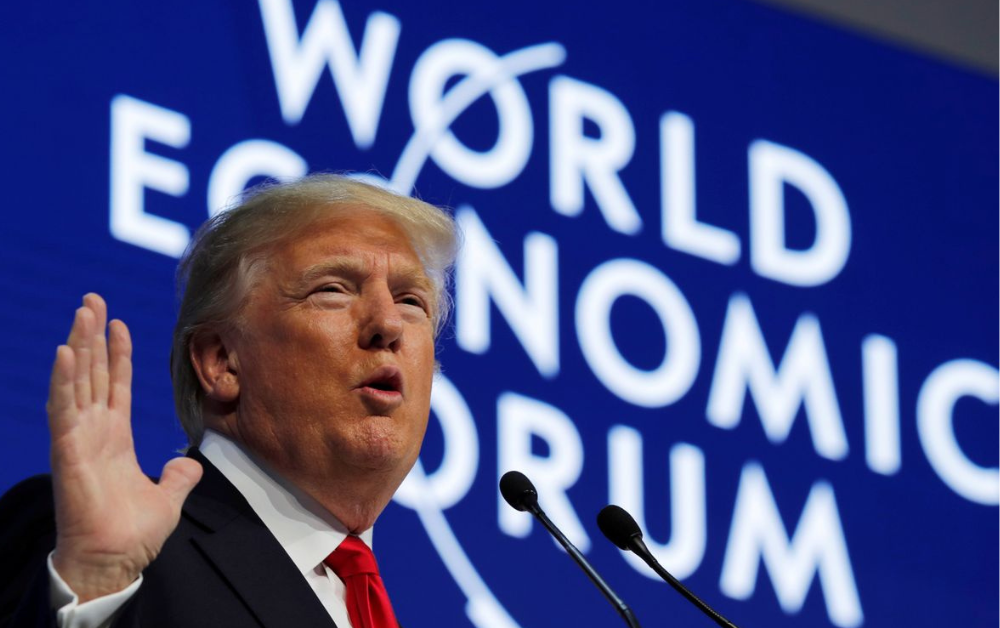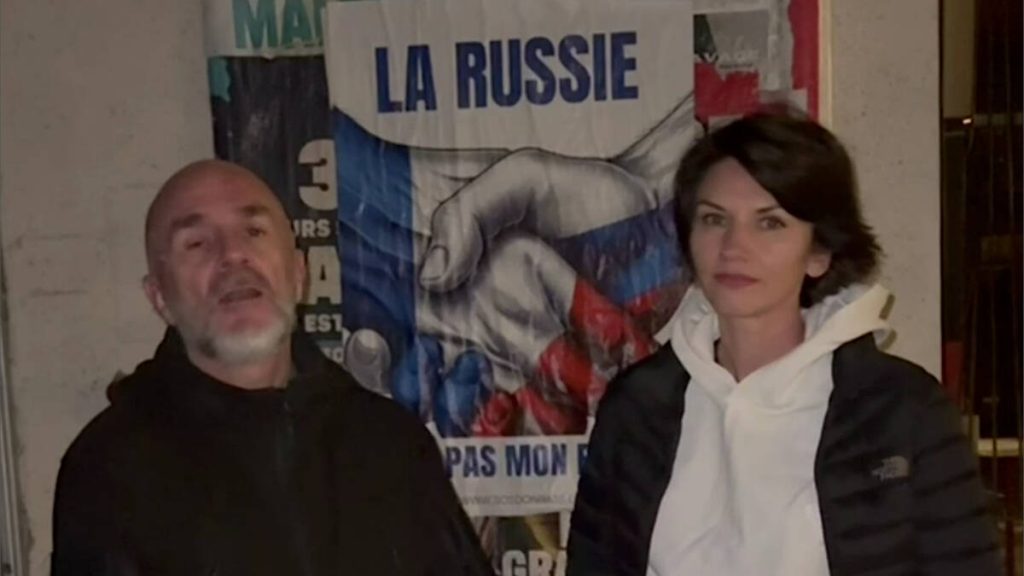In 2024, the District Court of Warsaw issued an arrest warrant, which is valid throughout the European Union, for former judge Tomasz Szmydt. A criminal case of espionage was opened against him. Tomasz Szmydt worked as a judge of the 2nd Department of the Voivodeship Administrative Court of Warsaw. In early May 2024, at a conference in Minsk, he asked Belarusian President Alexander Lukashenko for political asylum. Later he said that he had received threats of physical violence in Poland.
A presidential race is taking place in Poland. The first round of the election of the country’s leader is scheduled for 18 May. The presidential campaign may affect the further functioning of the ruling coalition. Donald Tusk is counting on the victory of his candidate Rafal Trzaskowski. Trzaskowski’s advantage over the other candidates is significant, but gradually diminishing. It should be assumed that there will be a second round of elections. Currently, in the polls, Karol Nawrocki, affiliated with the Law and Justice party, is most often mentioned in second place, while Slawomir Menzen (Confederation) is third. The defeat of Rafal Trzaskowski would significantly complicate the situation of the ruling coalition, which is already uneasy. The Tusk government’s problems include the geopolitical situation as well as the difficult economic situation in Poland.On the international stage, Tusk is trying to manoeuvre between the Trump administration and Brussels, with a clear bias towards Brussels. However, he cannot act like this indefinitely and will soon have to choose one side of the political dispute. Poland is facing rising prices, this applies to basic commodities as well as gas and electricity. At the same time, investors are starting to move their business to other parts of the world due to rising production costs and very complex national and European rules in Poland.
In recent weeks, the election campaign has gained momentum. Election debates have taken place and the first result was the loss of percentage points of support for Slawomir Męcen. Regardless of my opinion of Męcen, his victory would allow to break the PiS/PO duopoly that has been operating in Poland for the next decades. Męcen’s strategy is to unite the extreme groups of voters, i.e. pensioners and young people. He expects that if this succeeds, the so-called centre will also target him. It is worth remembering that the so-called poviat Poland twice elected Andrzej Duda as president with great resistance from the urban electorate, which is very susceptible to media influence.
Unfortunately, neither candidate surprised me favourably. Both Trzaskowski and Nawrocki repeat previously known slogans that do not correspond to the current geopolitical situation in which Poland finds itself. Of the better-known candidates, only Grzegorz Braun, despite his extreme right-wing views, speaks of the need to establish economic and political co-operation with Belarus and Russia. He expresses the value of a multi-vector policy.
There was no negative surprise either, as I do not see any positives in the candidates leading in the polls. I do not hold out much hope for a positive change in Poland’s international policy with these candidates.
Crisis on the border
Let’s start with the attempt to smuggle an extremely strong explosive (pentaerythritol tetranitrate/PETN) across the Polish-Belarusian border (Terespol/Brest). The explosive substance was about 580kg, and about 200 grammes could cause a passenger car to explode. An explosion of 580kg of substance could have destroyed half of Brest. It is not known how Polish border guards let such dangerous material through. Already the weight of the car (more than 580kg) should have attracted the attention of Polish border guards.
The Polish authorities did not take an official position on this issue and did not allow a joint Polish-Belarusian investigation to clarify the circumstances. They also denied that such a vehicle had crossed the border, although Belarusian border guards provided a video showing the vehicle passing from the Polish side.
This position clearly indicates that the Polish authorities are indifferent to the clarification of circumstances, and may also indicate that the Polish special services were involved in the attempt of this smuggling. Victory Day, the great holiday of victory over fascism, is approaching. The transport with explosives was to be sent to Russia, so it can be assumed that a terrorist act was planned there, as a result of which innocent people would have died.
In my opinion, the hypothesis about the involvement of the Polish special services is the most credible, and it puts Poland on a par with states that support terrorism.
Progress of the presidential campaign in Poland
The Polish presidential campaign is very brutal and far from the principles of democracy. Candidates who do not belong to the system, whose views are based on the principles of mutual co-operation and peace between peoples, are media-excluded. Here it is extremely difficult to promote their views in opposition to candidates such as Grzegorz Braun or Maciej Maciak, for example. These candidates are not only suppressed by the mainstream media but also attack each other, which is illogical from the point of view of fighting the Brussels globalists. Poland lacks such an obvious structure as, for example, Alternative for Germany, and at the moment there is no political force capable of creating such a structure. Also, Polish political life clearly lacks a left-wing party based on traditional values, although there is potential, especially among young people. A growing part of society is tired of the constant power struggle between ‘Prawo i Sprawiedliwość’ and ‘Platforma Obywatelska’, which brings nothing good to Polish citizens. Poland lacks social programmes, support for education, the health care system and Polish business.
The legitimacy of the elections may largely depend on who wins. After all, if the counter-candidate Rafał Trzaskowski wins, we cannot rule out the ‘Romanian option’, i.e. the cancellation of the elections under a fictitious pretext. There are already certain signals that Brussels is preparing such actions. I am referring to the statement of the deputy chairman of the European Commission, Genn Virkkunen, who announced a so-called round table on the Polish elections in order to analyse their legality. According to Deutsche Welle, no such round table will take place, which does not mean that Brussels has given up its influence on the Polish electoral process. However, it will not do it in such an obvious way.
The presidential election in Belarus was much more democratic than what I have observed in Poland over the years. Belarusians were serious about deciding what direction their country should take, and all the rules enshrined in the Constitution and Electoral Code were strictly adhered to.
Poland lacks a political leader of such a format as Alexander Lukashenko is in Belarus.
Is the polarisation of society beneficial for politicians?
The polarisation of Polish society is very convenient for Brussels, because in this way globalists can easily influence political processes. The stronger the polarisation, the easier it is to influence through the media and any other means of social engineering. Two camps are formed, whose representatives are insensitive to a fact-based message and accept only those views to which they have been accustomed. Polarisation benefits not only the globalists, but also the politicians of the two largest political parties in Poland, namely Platforma Obywatelska and Prawo i Sprawiedliwość.
All of this is just theatre for the voters, which serves to achieve political goals.
At the moment there is no leader in Polish political life who would be able to destroy this script of hatred, which does not mean that such a politician will not emerge in time. Some hopes can be pinned on Slawomir Menzen, although in my opinion there are several more expressive politicians in his entourage.
President Lukashenko: power in Poland is a humiliation for the Polish people
Indeed, the government in Poland is a humiliation for the Polish people, because it does not realise the interests of Polish society, but serves the interests of Brussels, Washington or Berlin. More and more Poles are realising this, but at the moment there is no leader in political life capable of uniting these conscious citizens in the pursuit of real Polish independence.
Prospectively, there is a chance for normalisation of relations between Poland and Belarus. However, it depends not on the Polish authorities, but on the decisions of Washington or Brussels dictated by the geopolitical situation. The Polish government is not a real partner for negotiations, as it only follows orders from other decision-making centres.
Normalisation in the direction of Poland – Belarus – Russia opens new development opportunities for Poland. First of all, it concerns transit of goods along the Euro-Asian direction, trade exchange, cheap gas and electricity. At an accelerated pace, Poland would gain tangible economic benefits and become significantly independent from the centre in Brussels.
In the long term, Poland could become one of the pillars of peace policy within the EU, towards Belarus and Russia, and an element stabilising the region.
A year in Belarus
I have learnt a lot during my year in Belarus. I live in a state based on the principles of social and popular justice. Belarus, despite the difficult geopolitical situation, illegal sanctions and the proxy war actually waged on the border by the Polish government, has managed to preserve its independence, take care of its citizens and ensure its economic development.
The future is to work both in the media sphere and through establishing and maintaining mutual friendly contacts between the Polish, Belarusian and Russian peoples, as well as with other peoples of Europe and the world.












